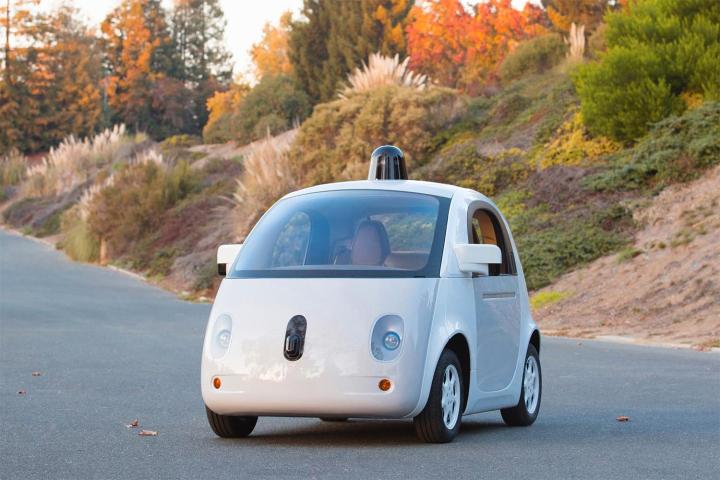
As it turns out, the statistics are there to back Google up, with only 12 accidents caused in a combined 1.8 million miles on the road, none of which were actually attributable to the robots involved. According to Google, the machines’ ability to anticipate and better respond to emergency situations are to thank for these impressive statistics.
In fact, the majority of the accidents were caused by overzealous Google employees who decided to take the cars out for an experimental spin, and then fell victim to human error. Rear-ending was one major cause of accidents, as was running stop signs, and veering into other lanes.
Interestingly, the notion of self-driving cars, especially those that are safer than human-operated ones, is not meeting with as much resistance as may have been anticipated. People may be thinking that since we’re automating the rest of our lives away, why not add transportation as well? A recent study found that 27 percent of respondents would support legislation restricting human driving if self-driving cars were shown to be more secure.
Still, there are skeptics who are holding the notion of automated vehicles at bay. Women in particular are wary of the new technology, with 50 percent of those surveyed in a recent study said they wouldn’t pay extra for a non-human operated car. And 46 percent of consumers overall are still dubious about the safety of these automobiles.
So safe or not, Google certainly has its work cut out in terms of convincing buyers to make the leap and allow machines to take the wheel.


